More than a decade after Dota 2 first launched, the game’s community is still going strong. International tournaments attract millions of viewers, and Valve continues to release regular updates. Yet despite its impressive longevity, fans are beginning to wonder: is it time for the next chapter? Could Dota 3 be on the horizon, or are we simply chasing rumors?
Valve’s Response? Complete Silence
As of now, Valve has made no official announcements regarding Dota 3. There’s been no confirmation, no teaser trailers, and no statements hinting at a sequel in development. Still, that hasn’t stopped speculation from spreading like wildfire. From Reddit threads to gaming blogs and YouTube videos, the community is buzzing with theories and hopes. The hunger for news is real—but the facts remain unchanged: nothing official has been revealed.
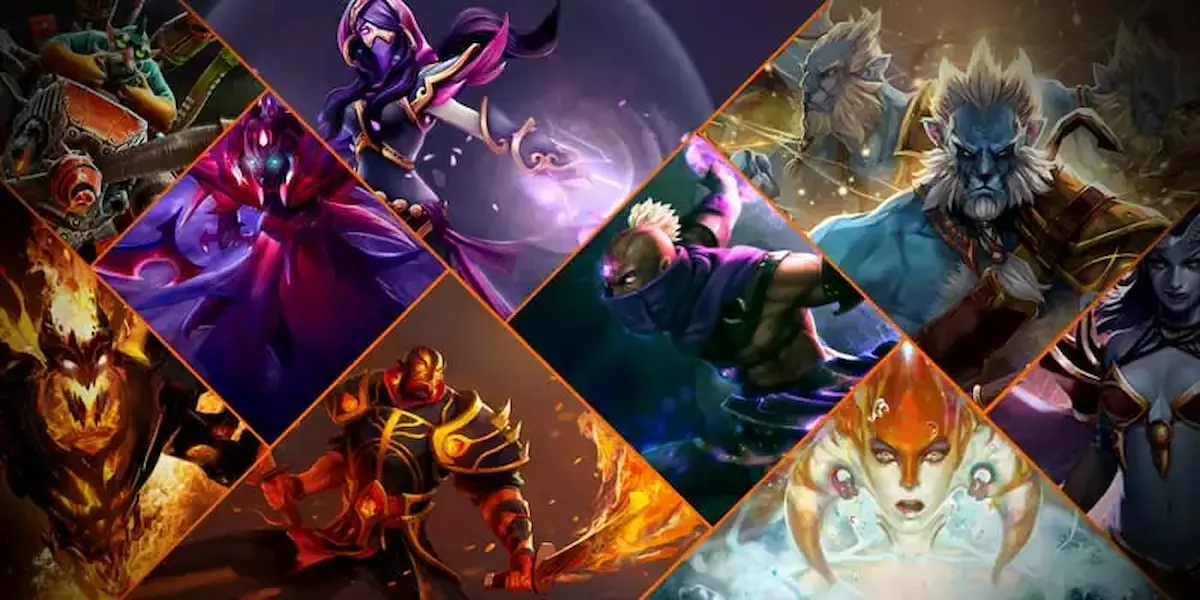
Why Some Fans Believe a Dota 3 Is Inevitable
A vocal part of the Dota community believes a true sequel is only a matter of time. The argument often centers on Valve’s legendary track record—or lack thereof—when it comes to “threes.” Half-Life, Left 4 Dead, Portal—classic Valve franchises that never got a third installment. Fans joke that Valve “can’t count to three,” making Dota seem like the exception, not the rule, after a decade-plus of Dota 2 dominance. Still, a numbered sequel remains elusive.
Engine Age and Technical Progress
Dota 2 began on the original Source engine but moved to Source 2 in 2015, bringing major visual and technical upgrades—better textures, effects, lighting, and improved performance on a wide range of hardware. For many players, this felt like a sequel in spirit, dramatically overhauling the game without changing the name. The move to Source 2 was so transformative that some in the community joked it was basically “Dota 3”—just under a different title.
Yet, ten years later, even after substantial graphical and animation upgrades, the limits of incremental evolution are being questioned. While Source 2 continues to push impressive fidelity, the core architecture is maturing. Fans wonder if a new engine or a fresh approach could unlock possibilities that Dota 2, for all its updates, might never achieve—such as radically reimagined gameplay, deeper mod support, or a rebuilt esports infrastructure.
Does a Sequel Make Sense in the Era of Live Service Games?
This is where the most compelling counterpoint to Dota 3 comes in: Dota 2 isn’t just a static game—it’s a live, evolving service. Regular updates, new heroes, seasonal events, major balance patches, and even story-driven narratives like the recent Crownfall event demonstrate that Valve is already delivering new content and experiences within the existing title. The game never truly stagnates; instead, it evolves constantly, breaking the mold of traditional sequels.
Launching Dota 3 would not just be a technical and creative challenge—it would risk splitting the community, complicating the esports scene, and potentially alienating longtime players who have invested years and money into Dota 2. Moreover, a full sequel would require years of investment and balance-tuning before it could possibly rival the depth and stability of the current game. From a business perspective, such a move is highly uncertain, especially when the current model continues to engage millions of players and viewers worldwide.
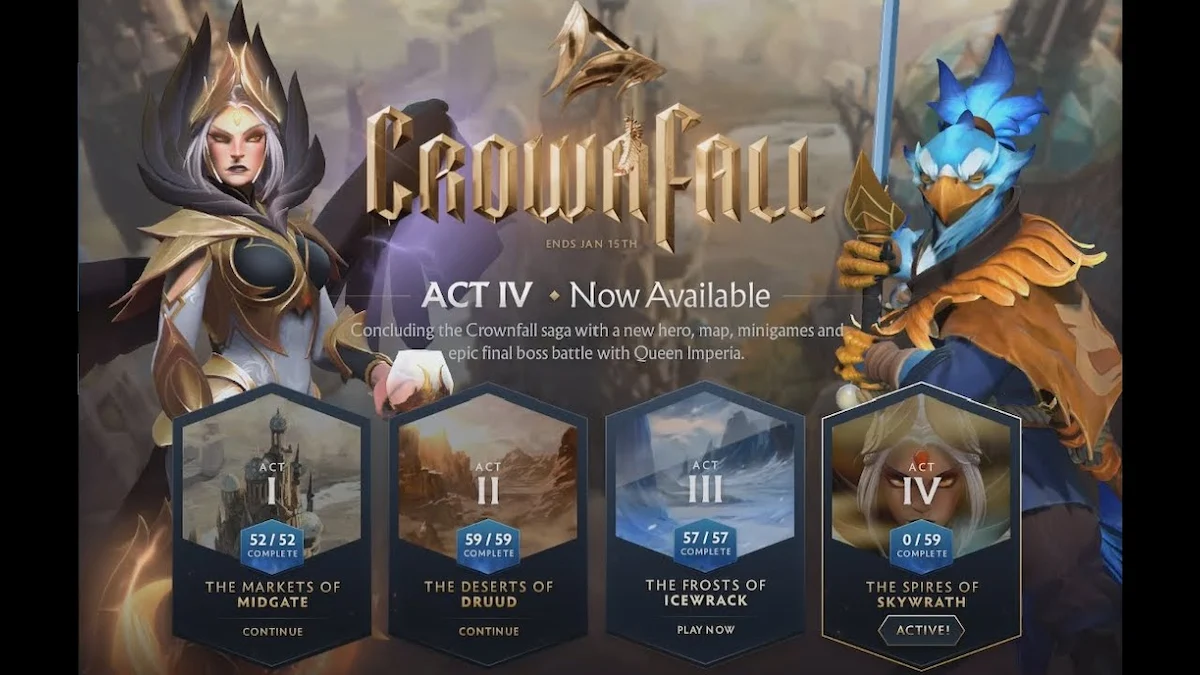
Rumors Just Won’t Fade
Even though concrete evidence for Dota 3 is nonexistent, the conversation refuses to die. In 2024, an obscure blog stirred the pot by claiming Valve had begun stealth development on a next-gen sequel—designed for both PC and console platforms. The post, lacking credible sources or verifiable details, was swiftly dismissed by most of the community. Yet, as happens with rumors, speculation quickly multiplied. Fans began envisioning a Dota 3 with graphics rivaling today’s top-tier titles, virtual reality integrations, or even a fully optimized console adaptation that could expand the game’s reach beyond its traditional PC audience.
Some fans dream of a broader, more approachable Dota experience—more intuitive mechanics, streamlined heroes, and shorter matches that could appeal to a global audience new to MOBAs. Others worry, though, that simplifying Dota would risk losing the soul of the original: its legendary depth, nuanced strategies, and high skill ceiling that veteran players have spent years mastering
From Valve’s perspective: why take the risk? From a financial standpoint, there’s little urgency for Valve to launch a new title. Dota 2 remains highly profitable, buoyed by ongoing cosmetic sales, seasonal Battle Passes, and a vibrant esports scene headlined by The International—an annual event that draws millions of viewers and delivers record-breaking prize pools. While the competitive ecosystem has seen some adjustments, it remains active across multiple regions, sustaining both viewership and engagement.
Conclusion: Dream or Reality?
As of now, there’s no credible evidence suggesting that Dota 3 is in active development. The idea of a sequel feels more like a reflection of the community’s hopes than a concrete plan from Valve. With continual updates, gameplay refinements, new heroes, and major seasonal events, Valve appears fully committed to evolving Dota 2 rather than replacing it.
In many ways, Dota 2 already operates like a platform—constantly reinvented through updates, mechanics, and narrative arcs like Crownfall. This live-service model allows the game to mature organically, without the need for a full-scale reboot. And until Valve signals otherwise, that model seems here to stay.
Until the day something changes—if it ever does—fans will remain in the arena they know best: battling in the same game they’ve played for over a decade, driven by passion, skill, and, somewhere in the back of their minds, the faint hope that the next era of Dota may be just over the horizon, waiting for the perfect moment to reveal itself.


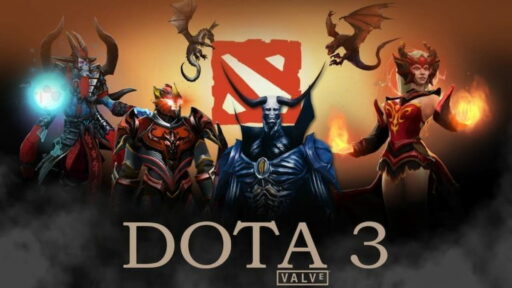
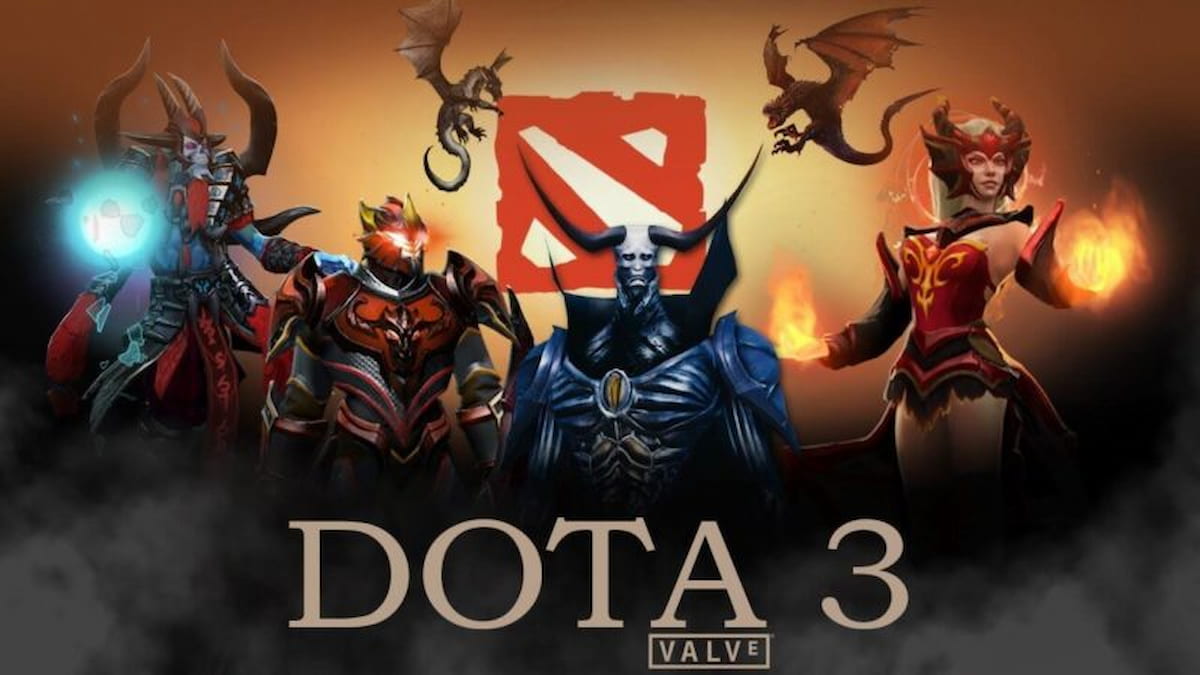
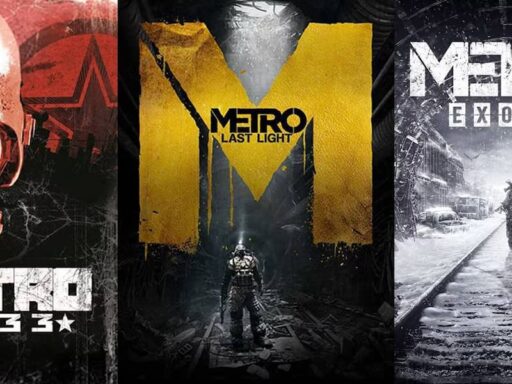

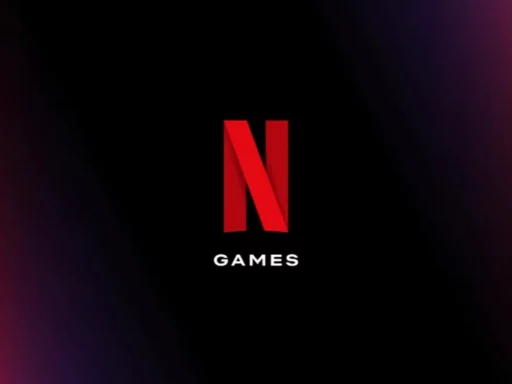
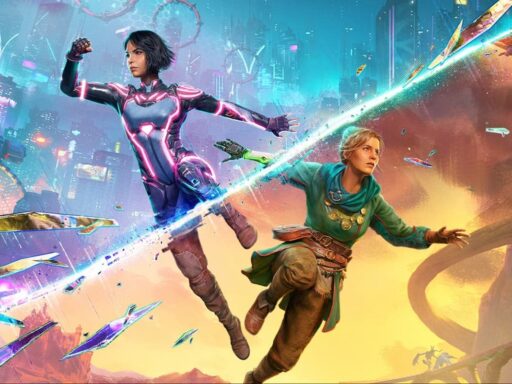
Given the longevity of Dota 2, one can imagine that Valve must AT LEAST be thinking about a Dota 3… which could also last 10-15 years, so we’re looking at… 2040? Then we have to weigh up the pros and cons. I don’t know if Dota 2’s stats are on the decline or not, but that’s what Valve has to consider, and they’ll anticipate it.